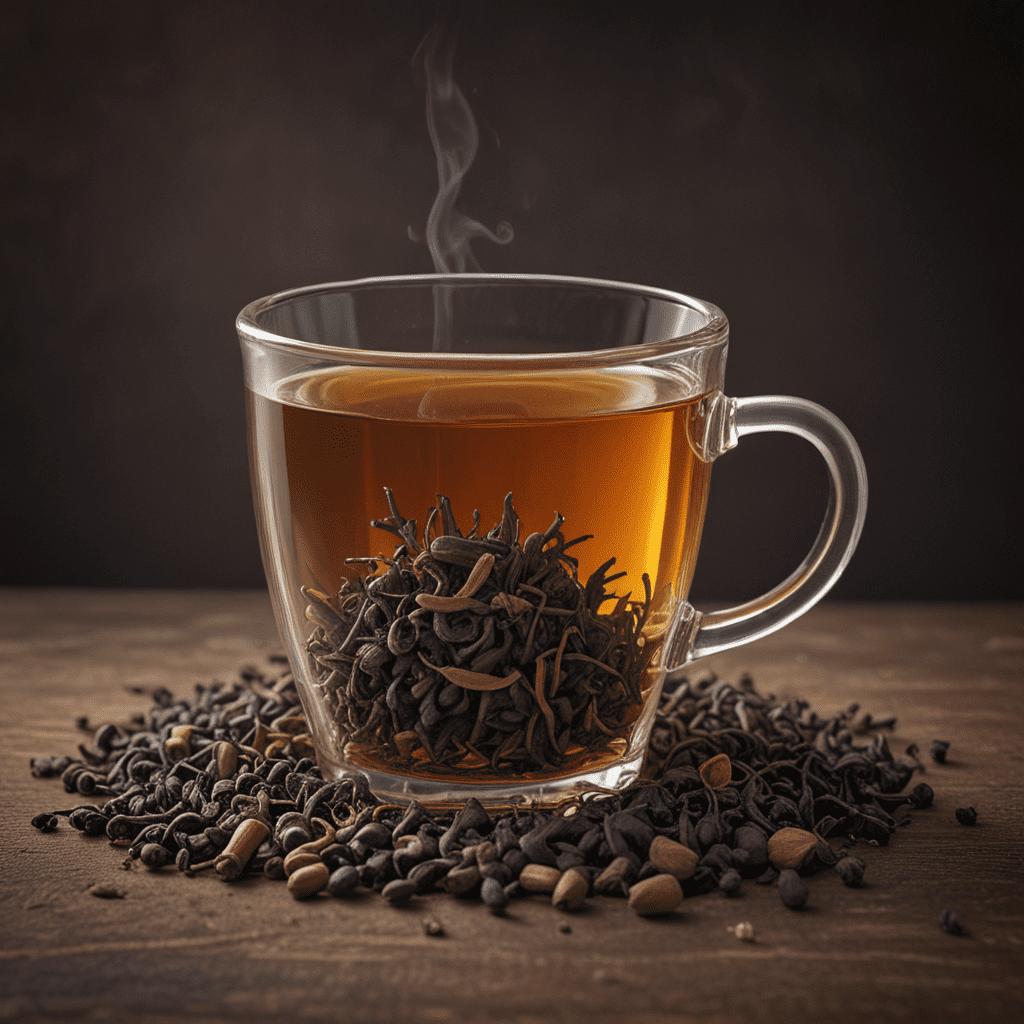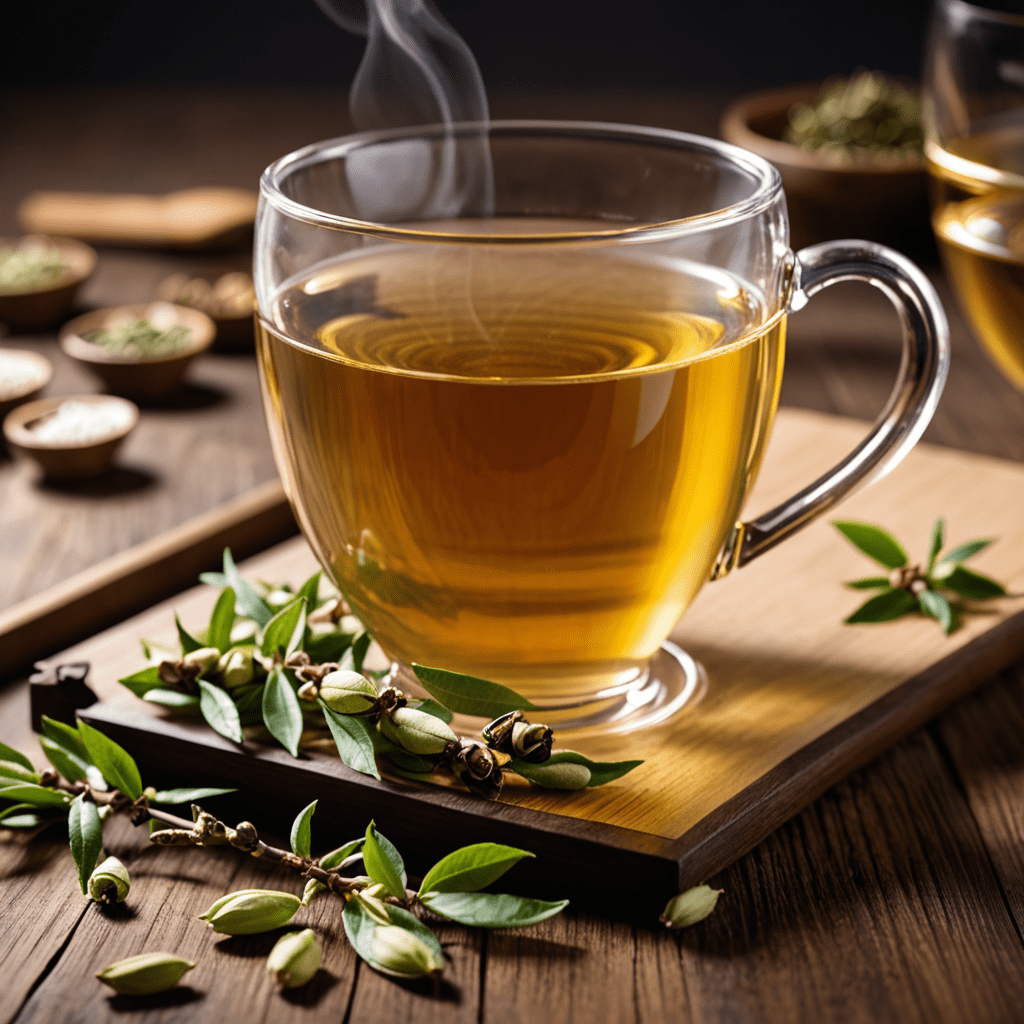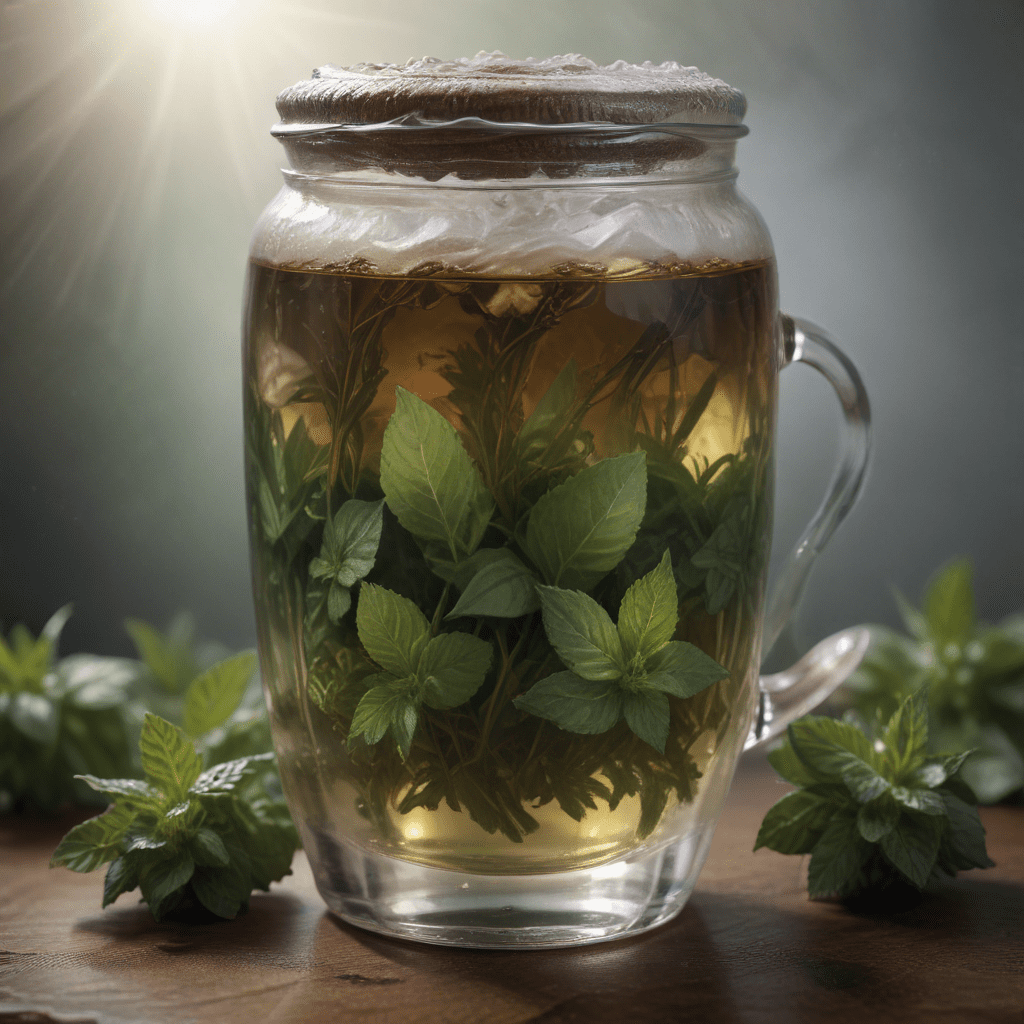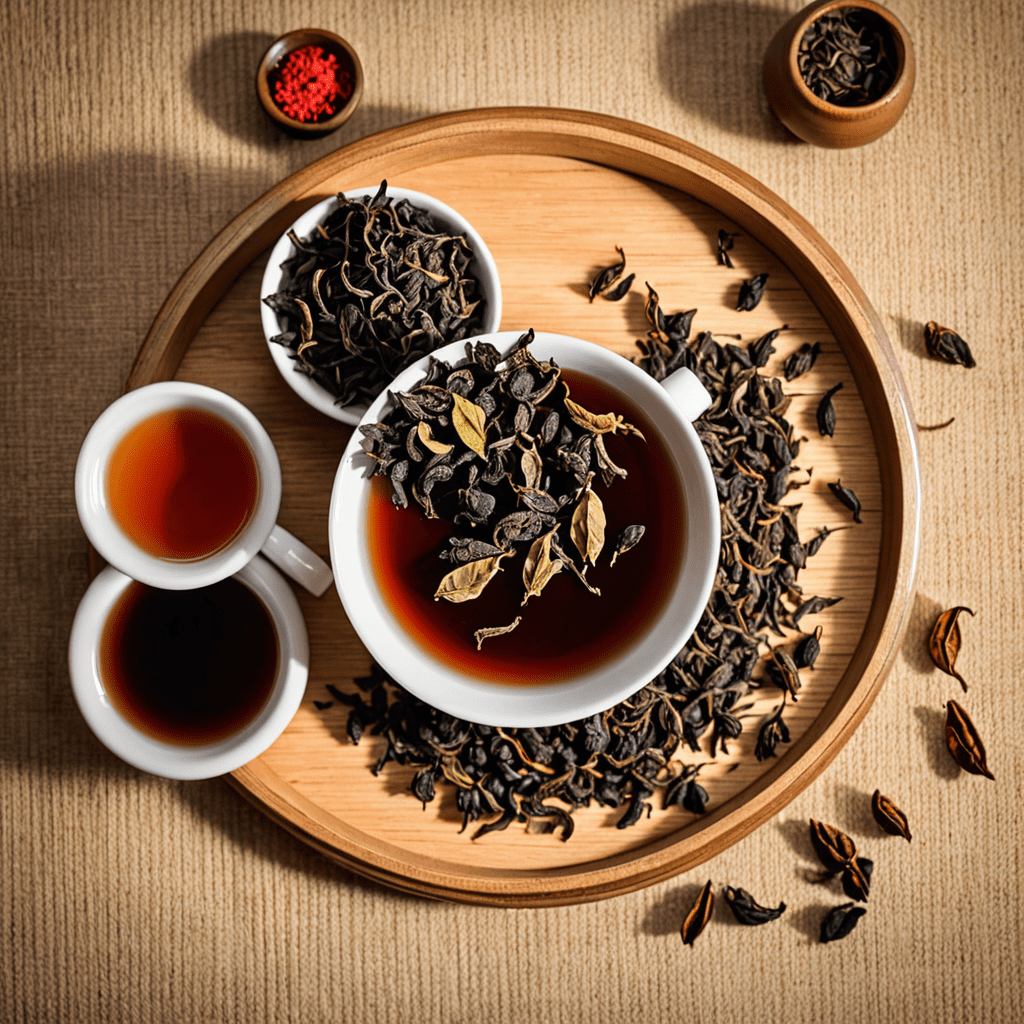Assam Tea: A Flavor Profile Guide
1. Introduction
Assam tea, renowned for its robust and malty character, is a prized variety of black tea cultivated in the northeastern Indian state of Assam. Its distinctive flavor profile has captured the hearts of tea enthusiasts worldwide, making it one of the most popular and widely consumed teas. This guide explores the unique flavor characteristics of Assam tea, delving into its origins, cultivation practices, and the sensory experience it offers.
2. Origins and Cultivation
Assam tea cultivation traces its roots to the Brahmaputra Valley, where the fertile soil and abundant rainfall create an ideal environment for tea plants to thrive. The tea gardens of Assam are spread over vast regions, forming a picturesque landscape. Assam tea trees are known for their large leaves, which contribute to the tea's bold and robust flavor. The specific terroir of Assam, with its unique blend of climate and soil conditions, lends Assam tea its distinctive characteristics.
3. The Malty Notes
The hallmark of Assam tea is its rich, malty flavor. This distinctive note is attributed to the high levels of theaflavins and thearubigins in the tea leaves. These compounds, formed during the oxidation process, impart a deep, toasty, and caramelized flavor to the tea. The malty sweetness of Assam tea is often compared to that of molasses or brown sugar, adding a comforting and indulgent element to the drinking experience.
4. The Strong and Full-Bodied Taste
Assam tea is known for its strong and full-bodied character. The robust tannins present in the leaves contribute to its bold and assertive taste. The high caffeine content in Assam tea adds to its invigorating and stimulating effects, making it an ideal morning brew. The strong and full-bodied nature of Assam tea allows it to hold its own with milk and sugar, making it a popular choice for those who prefer a richer and more substantial tea experience.
5. The Hint of Cocoa
A subtle hint of cocoa is often discernible in the flavor profile of Assam tea. This distinctive note is attributed to the presence of certain aromatic compounds in the tea leaves. The cocoa-like undertones add a touch of richness and complexity to the tea's overall flavor. The interplay of malty, strong, and cocoa notes creates a harmonious and satisfying sensory experience for tea enthusiasts.
6. The Nutty Aroma
Assam tea exudes a distinct nutty aroma that complements its malty and robust character. This nutty note is attributed to the presence of certain volatile compounds in the tea leaves. The nutty aroma adds a touch of warmth and earthiness to the tea's overall flavor profile, making it a complex and layered experience. The interplay of malty, strong, cocoa, and nutty notes creates a harmonious and satisfying sensory journey for tea enthusiasts.
7. The Robust and Earthy Undertones
Assam tea is characterized by its robust and earthy undertones that contribute to its distinctive flavor. The tannins present in the tea leaves lend it a slightly astringent and earthy quality. This astringency balances the tea's sweetness and adds a touch of complexity. The robust and earthy undertones of Assam tea provide a solid foundation for the other flavor notes to shine through, creating a well-rounded and memorable drinking experience.
8. The Variations in Oxidation
The oxidation level of Assam tea leaves plays a significant role in determining its flavor profile. The extent of oxidation influences the tea's color, strength, and taste. Lightly oxidized Assam teas tend to have a brighter color and a more delicate flavor, while heavily oxidized teas have a darker color and a stronger, more robust taste. The variation in oxidation levels allows for a range of Assam teas to cater to different preferences.
9. Brewing Tips for Optimal Flavor
To fully appreciate the unique flavor profile of Assam tea, proper brewing techniques are essential. Using fresh, high-quality tea leaves and clean water is crucial. The optimal brewing temperature for Assam tea ranges between 195-205°F (90-96°C). Steeping the tea leaves for 3-5 minutes allows for the full flavor to develop. Additionally, using a teapot or infuser ensures that the tea leaves have enough space to unfurl and release their flavors.
10. Pairing Suggestions with Food and Sweets
The robust and flavorful nature of Assam tea makes it a versatile beverage that pairs well with various foods and sweets. Its full-bodied character complements hearty dishes such as grilled meats, curries, and spicy snacks. Assam tea's malty notes harmonize with desserts like chocolate cake, cookies, and pastries. Additionally, its astringency balances the sweetness of fruits, making it an ideal accompaniment for fruit salads and tarts.
FAQ (Frequently Asked Questions)
What is the difference between Assam tea and other black teas?
Assam tea stands out with its unique flavor profile characterized by malty, strong, cocoa, and nutty notes, along with robust and earthy undertones.How can I ensure the best flavor when brewing Assam tea?
Use fresh tea leaves, clean water, and a brewing temperature between 195-205°F (90-96°C). Steep for 3-5 minutes to allow the flavors to develop fully.What time of day is Assam tea best enjoyed?
Assam tea's strong and invigorating nature makes it an ideal morning brew, but it can be enjoyed throughout the day.
- What food pairings complement Assam tea well?
Assam tea pairs well with hearty dishes like grilled meats and curries, and also harmonizes with desserts such as chocolate cake and pastries.



